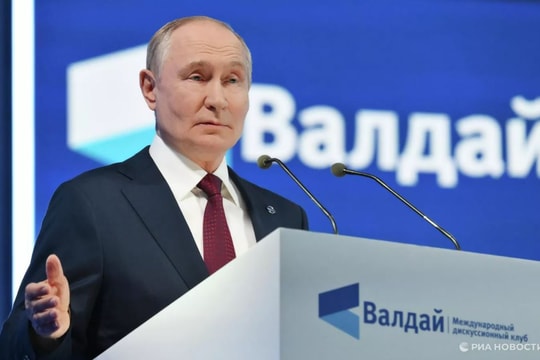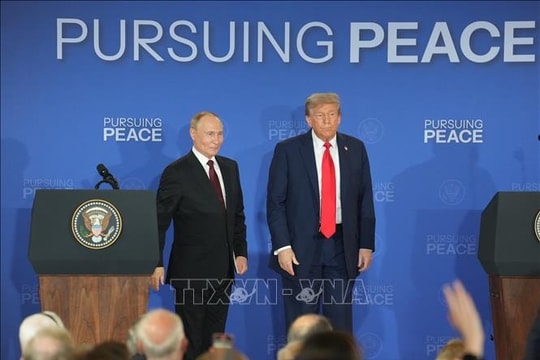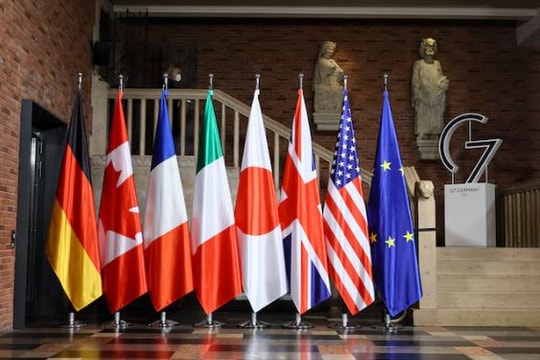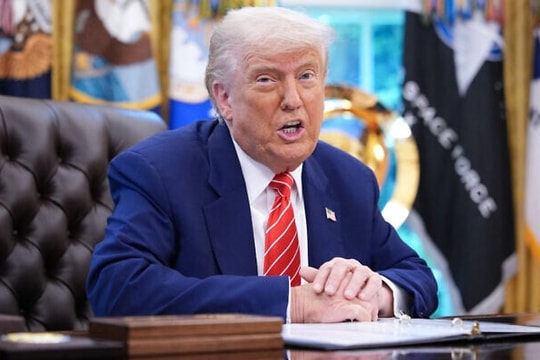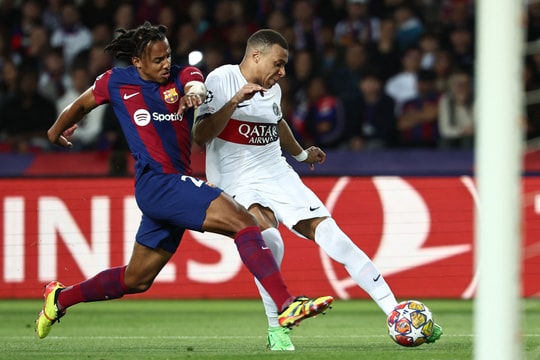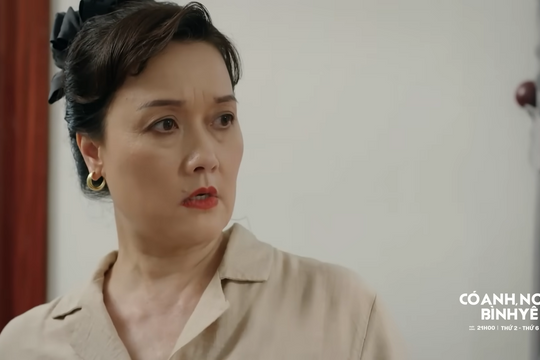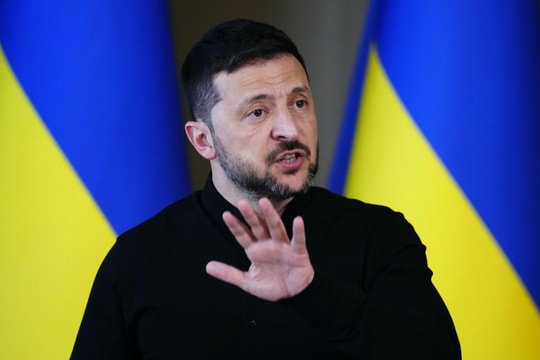World order revealed in the statements of Russian President Putin
In Russian President Putin's remarks, what shocked the West was not actually his warnings about nuclear war but his emphasis on a new geo-economic order.
The West has reason to worry about Russia’s nuclear challenges. But those threats aside, the West should pay attention to Russia’s big, serious, strategic goals.
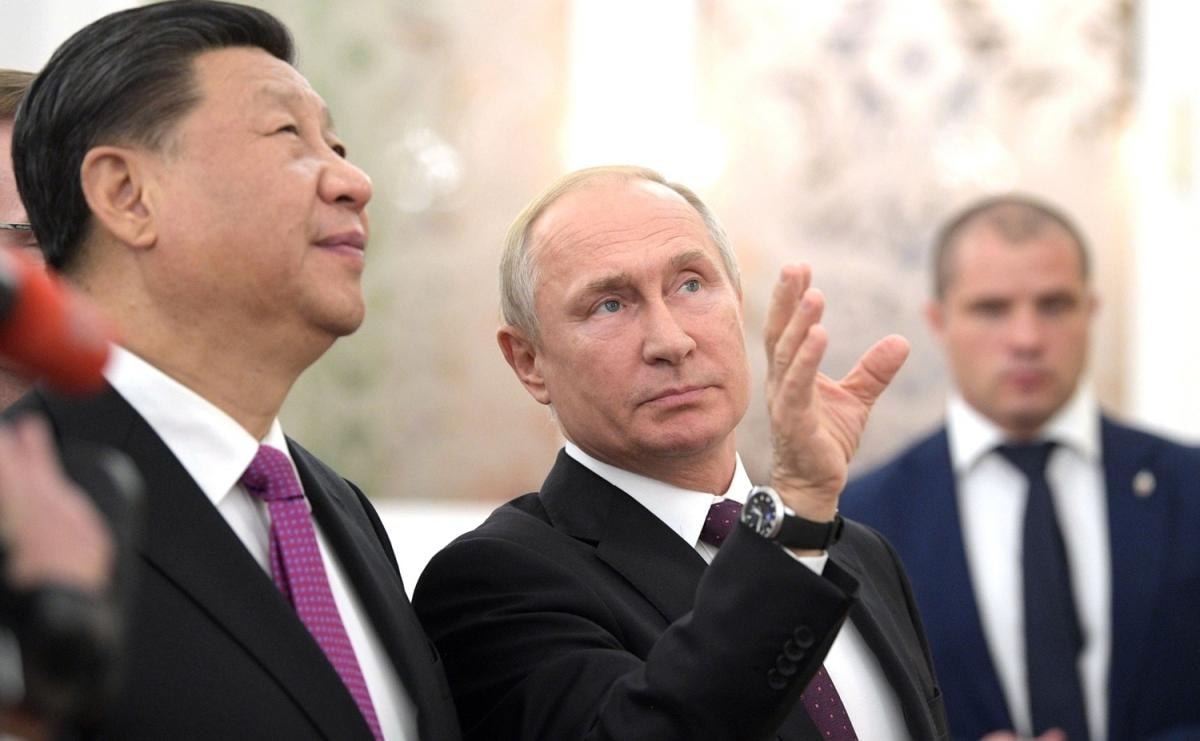 |
Russian President Vladimir Putin (center) and Chinese President Xi Jinping (left). Photo: Kremlin. |
President Putin's intention when warning of the use of nuclear weapons
Many Western commentators believe that President Putin must be certain of something when he warns about the possibility of using nuclear weapons.
However, Russia has repeatedly warned against using nuclear weapons for a very specific purpose: to prevent NATO intervention. Russia’s nuclear doctrine includes provisions for the use of nuclear weapons. But it should be noted that, as President Putin and his team have been at pains to emphasize many times, their nuclear weapons will only be used when the Russian state or Russian territory is in danger.
So far, Russia has not carried out many low-level escalation attacks to resolve the conflict with Ukraine, that is, they have not attacked key facilities such as the Zaporizhzhia Nuclear Plant.
At the same time, there is little evidence that Russia is actively preparing for a nuclear strike against an adversary or putting its nuclear forces on high alert.
In fact, President Putin and other Russian leaders have been very careful in their choice of words when talking about their country’s nuclear arsenal. They have never directly threatened to use nuclear weapons against Ukraine. In the past cases, the target has always been the West: If the West threatens Russia’s territorial integrity and the survival of the Russian state, then nuclear use is a possibility. The issue here is to preserve the limited nature of the limited conflict in Ukraine.
The North Atlantic Treaty Organization (NATO) has also responded to Russia in this regard, as NATO has refrained from directly intervening in the Ukrainian conflict on the ground, despite its desire to defeat and weaken Russia militarily. Russia has shown restraint in not attacking NATO arms shipments to Ukraine, even though this is an important source of aid that ensures Ukraine's successes on the battlefield.
In a recent speech, President Putin said that Russia will defend its territory by any means necessary. He did not mention nuclear weapons openly. The only thing he could clearly say was that the US destroyed the Japanese cities of Hiroshima and Nagasaki with nuclear weapons in August 1945, considering that action had created a precedent.
The United States used two atomic bombs on the Japanese battlefield to end the war in the Pacific Theater of World War II. So Mr. Putin may be implying that Russia will choose a similar policy in Ukraine. In his recent speech, President Putin said that the atomic bombings of two Japanese cities as well as the US strategic bombings of Germany and Japan were “not militarily necessary” and were carried out only for the purpose of intimidation.
President Putin's argument here is not just about nuclear threats but is part of his larger intention to attack the West's role in world history.
Challenging Western dominance
President Putin is reviving many of the themes he championed years ago. In 2017, for example, in Munich, he denounced Western powers for violating international law.
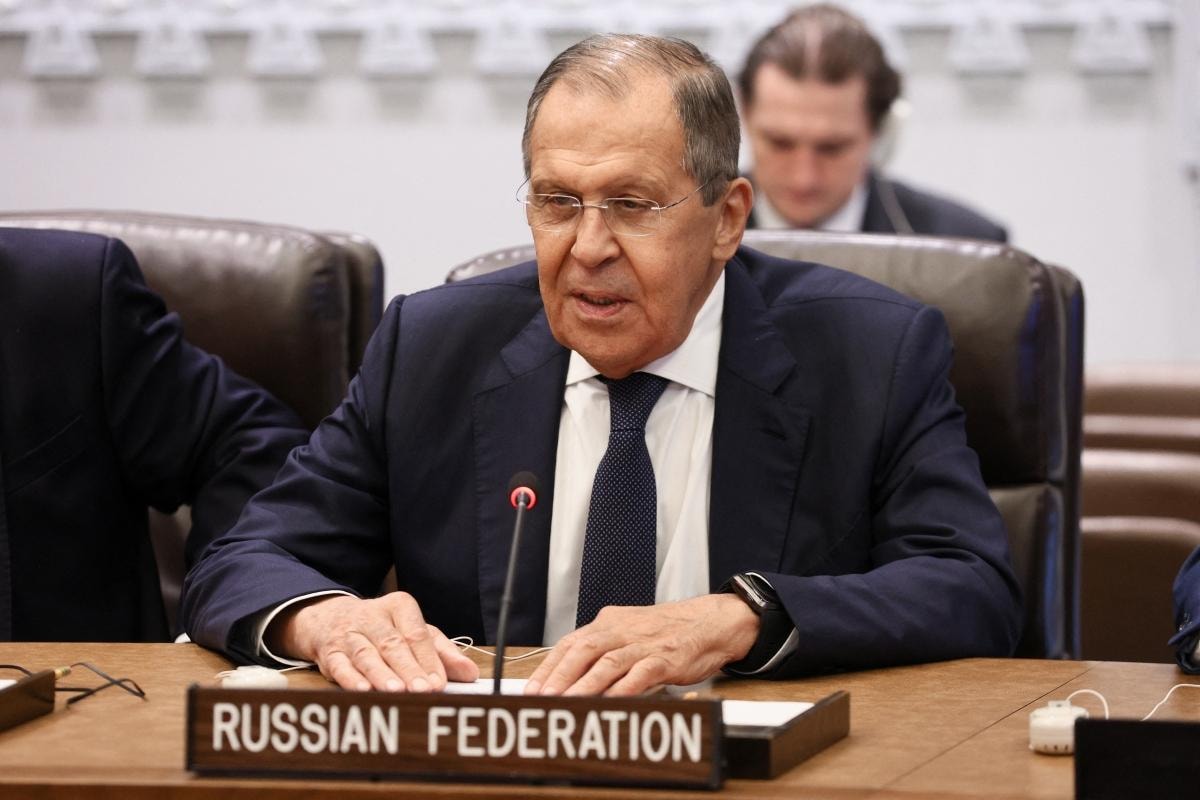
Russia pledges to adhere to the principle of not accepting nuclear war
09/10/2022
Russia is moving toward a world order that sees a rising role for China and smaller states like Iran. Mr. Putin hopes that resentment toward the West will fuel the development of a new set of international relationships that challenge Western dominance.
Mr. Putin believes that Russia accepts different ways of life and has no desire to impose “cultural hegemony” on other countries. On the contrary, he argues, the West corrupts, transforms, and seeks to destroy ways of life that are different from its own. Therefore, he argues, the West is a natural enemy of the Russian-Slavic, Islamic, and Asian cultures, as well as the countries and peoples that correspond to those cultures.
Russia defends traditional values, upholding “true democratic standards” as defined in the joint Russian-Chinese memorandum of understanding – a stance that respects different centers of power.
Russia's special military operation in Ukraine began only after the Olympics in China ended.
If Russia succeeds in its special military campaign, China will also benefit greatly because there will be a unified bloc including Russia, Belarus and Ukraine to confront the transatlantic alliance, causing division and even destroying this alliance.
China has never opposed President Putin’s military campaign against Ukraine. In fact, China’s recent call for mediation is compatible with Russia’s peace proposal to Ukraine. The Chinese military has also recently continued to conduct exercises alongside the Russian military.
In that logic, it is not impossible that within the framework of the Shanghai Cooperation Organization (SCO) Summit, Russia and China discussed issues such as force mobilization, nuclear weapons and territorial annexation.
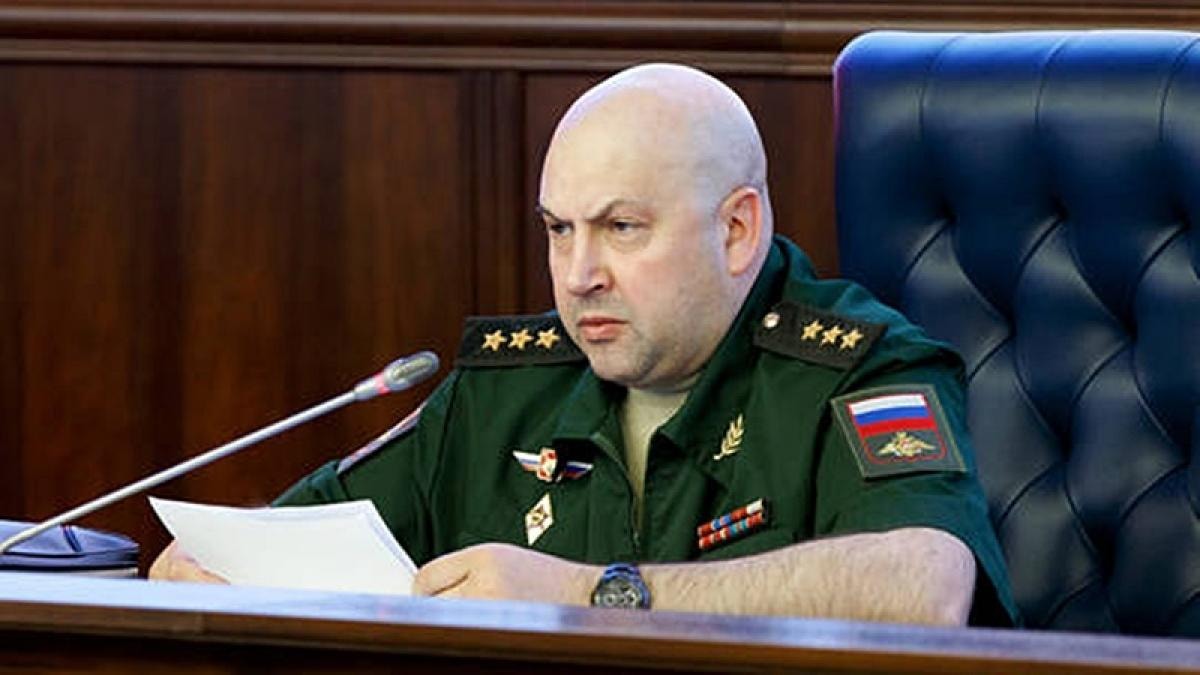
Russian general known as a tough guy in Syria will command special operations in Ukraine
09/10/2022
New economic system parallel to the Euro-American system
Thus, Mr Putin's emphasis on geoeconomics is perhaps even more unsettling to the West.
Mr. Putin's speech condemned the current international financial system, saying, "It is impossible to keep feeding people with dollars and euros." According to him, the United States imposes "the power of the dollar as the global reserve currency."
Russia-China trade has reached a record high. Chinese and Russian satellite systems are increasingly interconnected, and Sino-Russian communication is truly strong and consistent. At the September Summit, the SCO agreed to increase the use of “national currencies” in intra-bloc trade, that is, to initiate the process of de-dollarization.
The BRICS bloc (Brazil, Russia, India and China) could become the core of a new global economic system capable of competing with the US-European dominated system.
President Putin's speech was aimed at many different audiences, first and foremost the Third World.
It is this economic prospect, not the threat of nuclear war, that should concern the West and make it seek to end the Ukrainian military conflict as soon as possible. The battle for dominance in the Eurasian region has only just begun, and Ukraine is the starting point, not the end point, of that struggle./.

